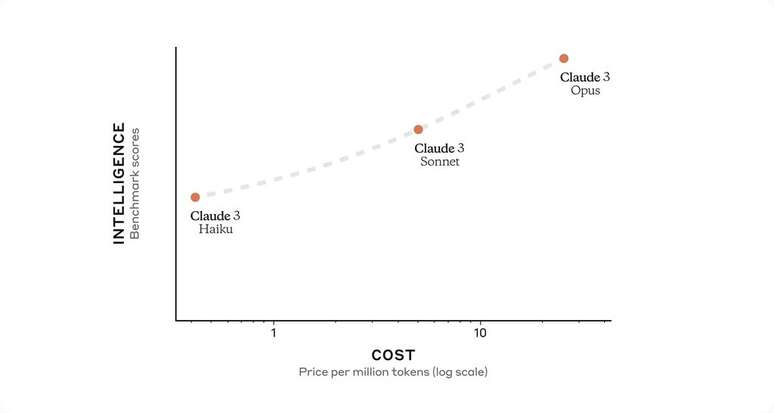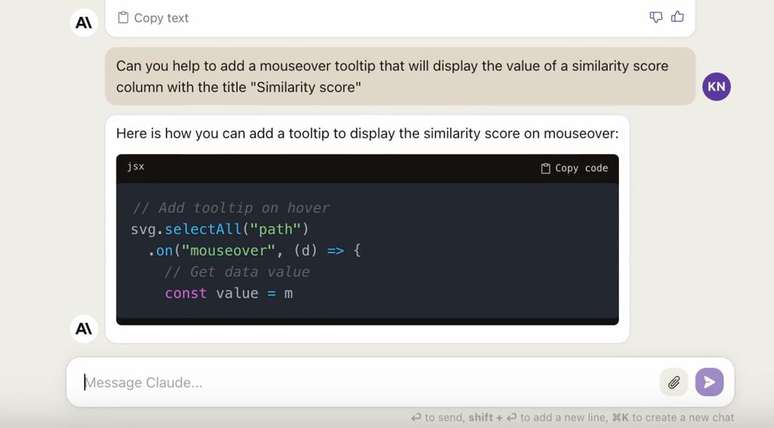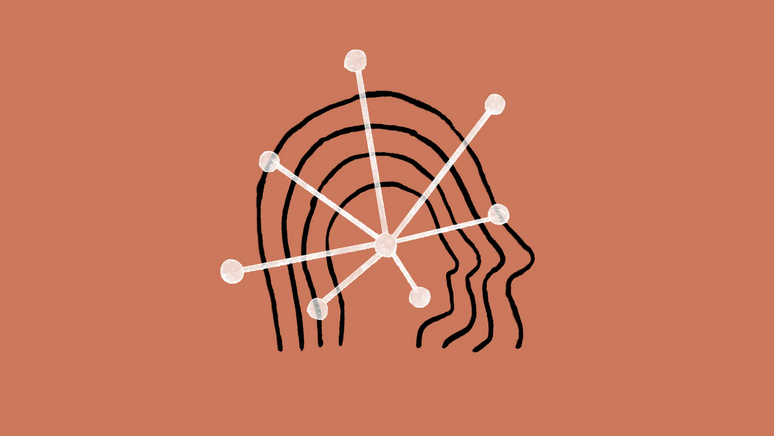Promising to surpass GPT and Gemini, Anthropic introduces Claude 3 to developers to meet different needs
The company’s artificial intelligence solutions Google and OpenAI conquered strong competition this Monday (4): Anthropic presented the third generation of its family of AI models, Claude 3. According to the developers, the new technology it is capable of outperforming GPT-3.5, GPT-4 and Gemini 1.0 in several tasks.
In total three models were presented to meet different needs: Haiku, Sonnet and Opus. The commercial versions of the new solutions will initially be offered with contextual windows of 200 thousand tokens.

More power than GPT and Gemini
The third generation of the Anthropic model arrives with the promise of surpassing its peers. Starting with the Opus, the best performing model of the third generation and which surpasses the GPT-4 and the Gemini 1.0 Ultra in its creators’ ratings.
According to the company, Opus is ideal for automating more complex tasks, research and development (research and development), and creating strategies.
The developers also introduced the Sonnet intermediary, which overlaps with GPT-3.5 and Gemini 1.0 Pro. The technology is suitable for data processing, sales applications and even for performing tasks such as code generation, quality control and extraction of texts from images.
Haiku, the fastest model of the trio, goes up against intermediate solutions from Google and OpenAI. This solution finds its way into store chatbot engines, as well as content moderation and easier task processing.
“All Claude 3 models demonstrate enhanced analytics and prediction capabilities, differentiated content creation, code generation, and conversation in languages other than English, such as Spanish, Japanese, and French,” Anthropic says.
Claude 3 has a window of 200 thousand tokens
Anthropic highlighted a number of differentiators of the Claude 3 family, such as offering more accurate returns based on the prompt, i.e. the text command. The trio also ensures fewer negative responses, as well as faster delivery of information.
Another point that attracts attention is the context window: the limit of data that can be worked on simultaneously in the model. This barrier is measured by the number of blocks used to process the information, tokens.
Initially Anthropic will release only 200 thousand tokens. However, the company assures that the three models will be able to exceed the margin of 1 million tokens considering the insertion of information (input, in English).

Claude 3 also has a dedicated team to ensure the security of the models, in order to prevent misuse of the platforms.
A APIs of the new family of AI models is now available to developers, also in Brazil. However, to date, there is no information about the release of Claude.ai to Brazilians.
Available for use
The Opus and Sonnet templates are now available for developers who want to explore solutions via the API, including in Brazil. According to Anthropic, Haiku will be released soon.
“Sonetto is also available today on Amazon Bedrock and in private preview on Google Cloud’s Vertex AI Model Garden, with Opus and Haiku coming to both,” reads the launch statement.
On Claude.ai, Sonnet is available for accounts with the free plan and Opus for Pro subscribers. For now it is not yet possible to use it chatbots in Brazil.
Trends on Canaltech:
- Reborn | The success of the soap opera has surpassed even the almighty Netflix
- James Webb detects a supermassive black hole in the early universe
- Vladmir Komarov: the last words of the cosmonaut who fell from the sky
- The 45 most anticipated films of 2024
- Sweet Home | The film that inspired Resident Evil can be seen for free
- Golden Raspberry 2024 | What are the candidates for the worst film of the year?
Source: Terra
Rose James is a Gossipify movie and series reviewer known for her in-depth analysis and unique perspective on the latest releases. With a background in film studies, she provides engaging and informative reviews, and keeps readers up to date with industry trends and emerging talents.


![New Day ahead: What awaits you on Tuesday, July 15, July 12, in 12 episodes of 2025 [SPOILERS] New Day ahead: What awaits you on Tuesday, July 15, July 12, in 12 episodes of 2025 [SPOILERS]](https://fr.web.img5.acsta.net/img/79/43/79435021c0bfb8e27ed7d08131107424.jpg)




